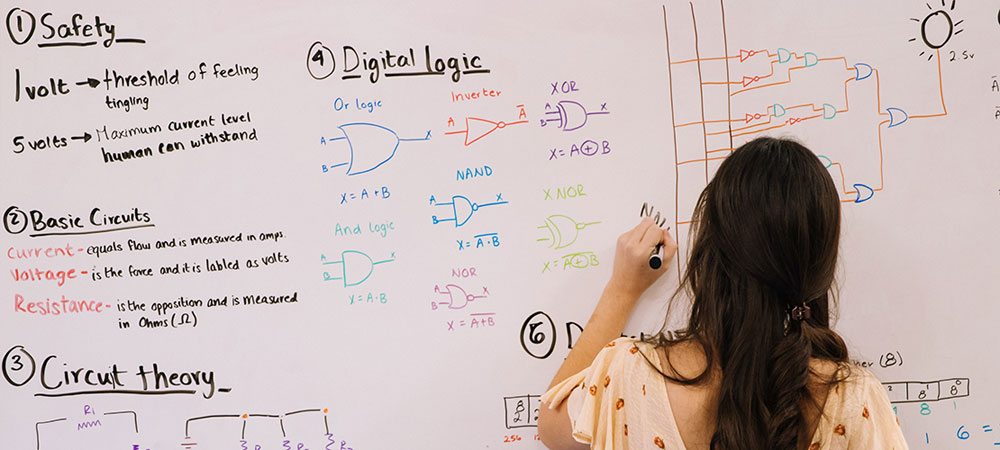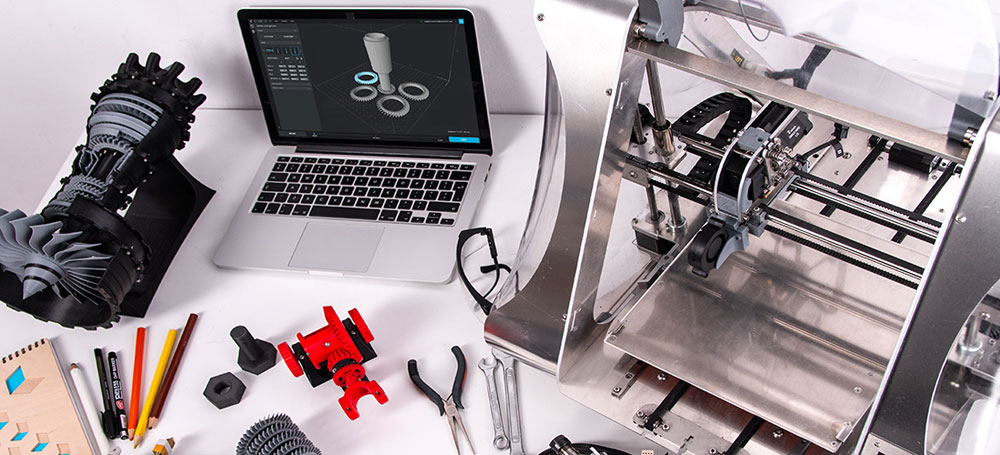STEM education ( science, technology, engineering and mathematics) is not limited to a distinguishing age group or academic level. It can be incorporated at different stages, from early childhood through to university. The goal is to inspire and prepare pupils to become critical thinkers, lifelong learners, and future innovators.
Science: Encouraging scientific investigation and knowledge through observation, experimentation, and data analysis.
Technology: Studying the tools, resources, and applications of technology, including computer programming, coding, digital literacy, and the use of software such as CAD.
Engineering: Engages students in designing, building, and testing prototypes, while also considering constraints, efficiency, and sustainability to design and create products. This could include projects such as tool design, mould making or automotive manufacturing.
Mathematics: Developing mathematical reasoning, logical thinking, and quantitative skills through problem-solving, data, modelling, and real-world scenarios.



